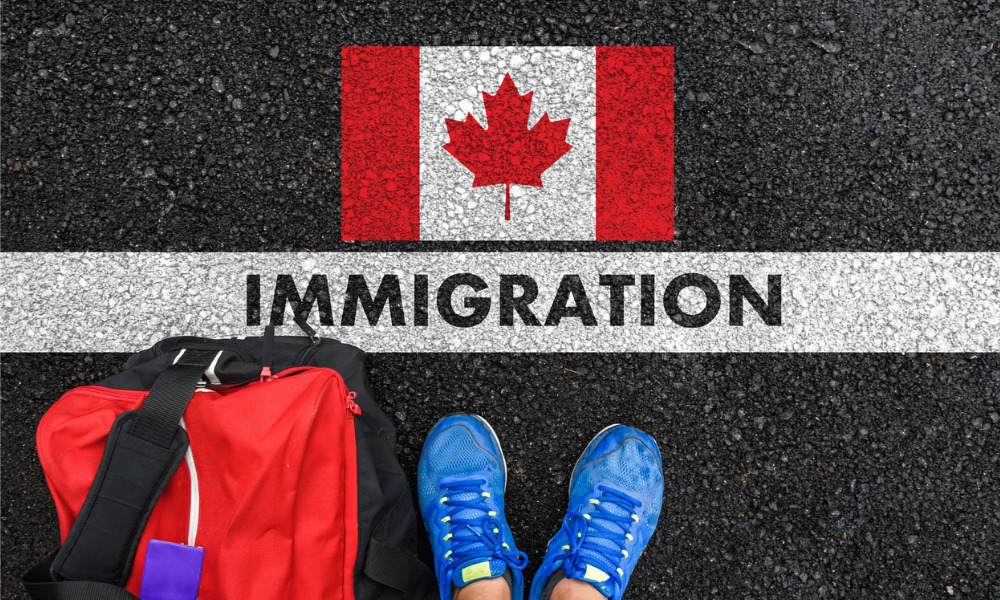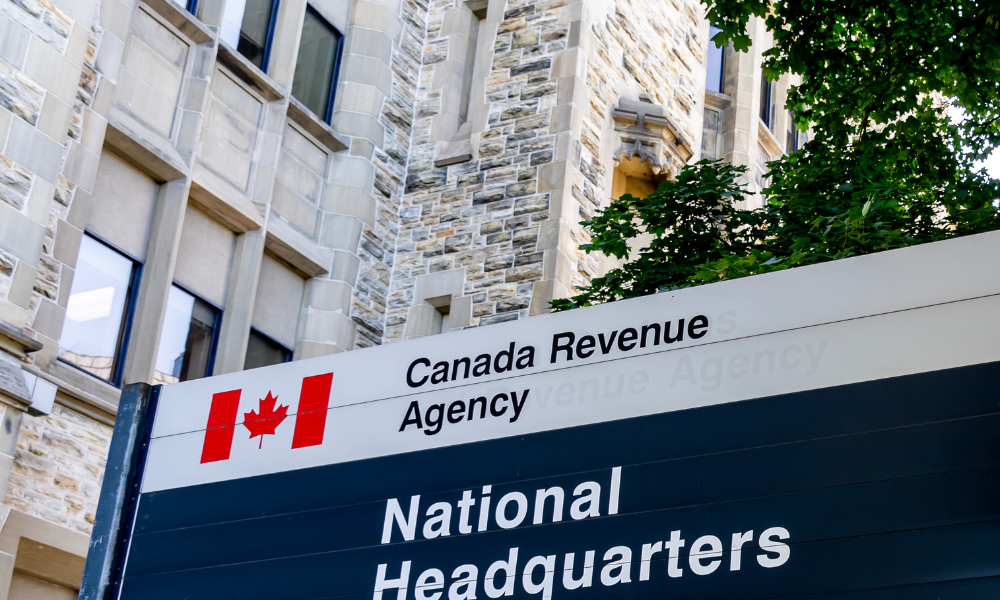Association wants COVID-19 restrictions modified for refugee claimants at U.S.-Canada border

There is no justification to keep denying entry to fully vaccinated refugee claimants from the U.S. who are seeking protection in Canada, while foreign nationals are permitted entry for tourism purposes, the Canadian Association of Refugee Lawyers has said.
Aviva Basman, the association’s president, and Kate Webster, who co-chairs advocacy for the association, addressed an open letter to Justin Trudeau, Canada’s prime minister, encouraging the newly re-elected government to keep up its efforts to attain a more just and efficient immigration and refugee system and to take swift action regarding certain critical immigration and refugee issues as it identifies its priorities for the next parliamentary session.
The association urged the government to eliminate the COVID-19-related prohibition on entry from the U.S. for the purpose of seeking refugee protection, considering that border restrictions have relaxed for fully vaccinated foreign nationals since Sept. 7.
Latest News
The association then called on the government to include the following priorities in its efforts to resettle Afghan refugees in Canada:
- committing to the rapid and transparent operationalization of the special humanitarian programs seeking to resettle Afghan nationals who are still in Afghanistan;
- issuing temporary residence permits to family members of Afghan nationals who are in Canada and who have pending immigration applications;
- maximizing the number of Afghan refugees to be resettled in Canada by using all available tools;
- waiving the recognition requirement from the United Nations High Commissioner for Refugees for Afghan nationals being resettled via private sponsorship;
- recognizing the Afghan crisis as a prima facie refugee situation; and,
- respecting the existing global resettlement commitment.
The government should re-introduce Bill C-31, which would create an independent oversight body for the Canada Border Services Agency, the only major law enforcement agency in Canada without an external oversight body and the only organization in the public safety portfolio without its own independent review body, the association added.
The association made other recommendations relating to the mandate letters that would be issued to the new federal ministers. The citizenship and immigration minister was urged to do the following:
- to coordinate with the justice minister and with provincial and territorial governments to decide on a sustainable solution for legal aid funding for immigration and refugee matters;
- to expand or to create new pathways to permanent residence for COVID-19 essential workers;
- to consider measures applicable to persons affected by climate change;
- to work toward the adoption of legislation defining a climate migrant;
- to establish a review of the refugee ineligibility and pre-removal risk assessment provisions introduced by the 2019 Budget Implementation Act;
- to amend the Immigration and Refugee Protection Act to remove certain defunct provisions;
- to keep prioritizing the best interests of the child and family reunification in immigration matters.
The association then recommended that the federal justice minister and attorney general be asked, in their ministerial mandate letters, to continue appointing judges to the federal judiciary who will reflect Canada’s diversity and who have professional experience in immigration and refugee law, which is the legal area that comprises most matters in the Federal Court’s docket.






